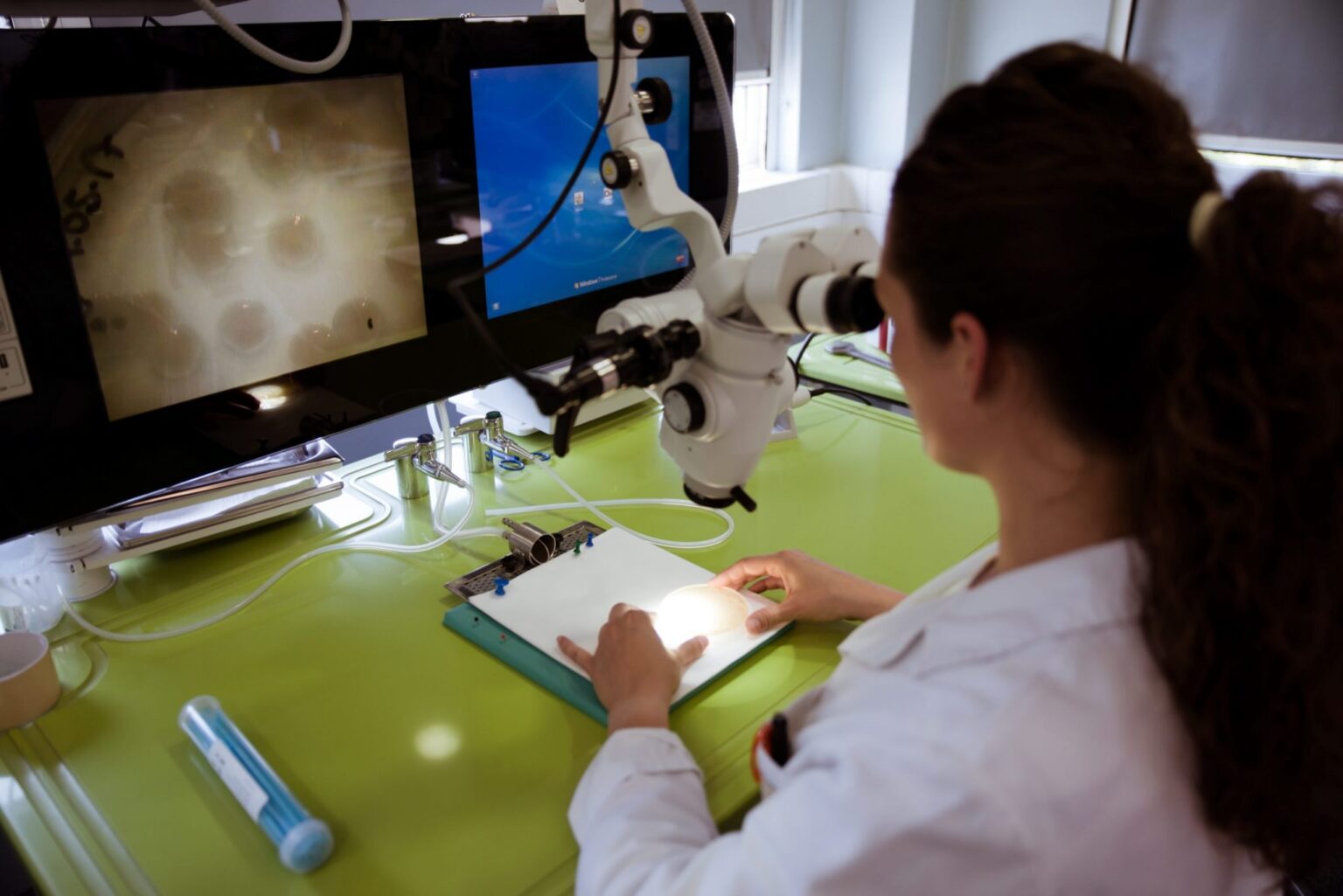In this time of polycrisis, marked by multiple tensions and instabilities that reinforce each other, human rights are back on the table. Although the dogma of human rights has become a passe-partout, invoking global justice in a way that is as universal as it is fragile, its contours can help us to understand the crises we are experiencing and to build keys to resolve them.
On the occasion of the International Day of Women and Girls in Science on 11 February, and under the auspices of International Women’s Day on 8 March, it is important to remember that science is a right and that, like all other human rights, it is essential for building egalitarian societies and fighting discrimination. The much-quoted 1948 Universal Declaration of Human Rights states in Article 27 that “everyone has the right freely to participate in the cultural life of the community, to enjoy the arts and to share in scientific advancement and its benefits”. This right, strongly defended by Chile and other Latin American countries in the Charter drafting processes, has often been ignored and relegated to a secondary level in international spheres, as is often the case with many of the other economic, social, and cultural rights.
This right is now more than ever indispensable to solve the problems of an era plagued by misinformation, where the feminist movement must deal with societies where the bonds of trust are increasingly fragmented and weakened. As early as 1995, the astrophysicist and author Carl Sagan declared that “science is indispensable to democracy“. At his side, his famous wife, the biologist Lynn Margulis, changed the paradigms of science with the theory of endosymbiosis, which shifted Darwinian thinking from evolution as competition to a view of the world of life as cooperation. Margulis’ contribution is one of the many examples of how women’s participation in science is a process that goes beyond scientific production to include benefits for society as a whole, helping to remove the structural barriers that women face in all areas of life. In fact, Margulis is one of the references for feminist and biologist Donna Haraway, whose Cyborg Manifesto has become a key source for feminism in the 21st century. Lynn Margulis’s theory of symbiosis is both a biological and a political conjecture, valuing bonds and cooperation over exclusion and competition.
Although it seems obvious from a human rights perspective that women should be able to participate in scientific activity and have equal access to the benefits of this activity, gender equality in the scientific field is still a distant scenario. Basically, in Spain, according to the data and figures of the Spanish University System, the participation of women in positions of power in scientific institutions is still low. Although women are more numerous than men in terms of enrolment (56.3%), they represent 43.3% of the total number of professors and, even more strikingly, 25.6% of professors. These data clearly symbolise the persistence of structural discrimination – social, economic, and political – suffered by women in the social architecture, which in turn is reproduced in the structures of the world of scientific production. Although, at first sight, women’s access to university education is equal to that of men, the low representation of women in the areas most closely associated with research and knowledge production is both a symptom and a cause of a masculinised scientific research that is insensitive to the gender perspective and in which science is reproduced as an exclusive and exclusionary activity, in contrast to the human rights agenda. On the other hand, there is still a distinction between scientific disciplines, between the so-called social sciences and the natural sciences. The latter, with a much lower participation of women (25% in Spain), are at the same time the sciences and methodologies with the highest prestige and social value. It is no coincidence that the natural sciences are considered “hard sciences”, while the social sciences, which are more feminised, are called “soft sciences”. The 2022 Law on Science, Technology and Innovation recognises this problem and aims to respond to the gender inequalities that persist in Spain by incorporating a gender perspective.
Access to and participation in scientific activities is key to exploring our societies and nature, with the aim of building fairer and more equitable spaces. Without inclusivity and gender diversity, science ignores the reflexivity and heterogeneity inherent in the search for knowledge and reproduces patterns of discrimination that go beyond the objects of study. Addressing these cyclical inequalities means revisiting and exploring the agenda of economic, social and cultural rights, understanding the importance of marginalised rights such as the right to science, and understanding the interconnectedness and interrelationship of all these rights.



